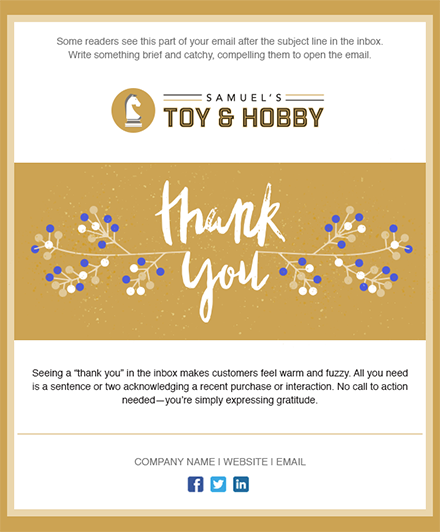Unfortunately, many people struggle with facilitating engaging conversation. They feel awkward, aren't sure how to start conversations, and find themselves sitting with people they care about not saying a word.
Others default to invasive rapid-fire questions that make people feel like they're being interrogated. Another group of people feel forced to stick to safe topics like the weather, and find themselves bored out of their minds.
Instead of continuing these unpleasant interactions, discover the seven ways to facilitate more engaging conversations and create better relationships.
Here are seven ways to have better conversations.
1. Ask questions about a person's interests, not what they do.
Whether it's a family member or someone you're just meeting, take an active role in asking them questions about their interests. Hearing about people's passions gives you the opportunity to learn more meaningful things about who they are, and provides a moment for you to share how you connect to their hobbies.
Asking about interests rather than jobs has an additional benefit--it prevents you from falling into the trap of social scripts. When your questions to acquaintances and loved ones are the standard, "What's new?" "How's it going?" "Hows the job?" or "How's the dog?" it makes it much more difficult for people to tell you what they're really feeling.
Most of us have been taught from a young age how to answer common questions, so we have automated responses. When two two people fall into the trap of talking to each other like robots, they never get to the deeper feelings that make us human, which prevents more gratifying interactions.
2. Ask questions about a person's relationships, not about their partner.
Yes, it's important to mention and attend to significant other's in a person's life.
However, when you focus on the relationship instead of the individual, it provides room to discuss what's been going well, what's an area of growth, what they love about each other, what drives them nuts about their partner, and each of these conversations are richer and more entertaining than hearing about how someone's significant other is "fine."
3. Ask questions about a person's short term and long term goals, instead of their current job.
While asking about a person's job can start a conversation, when you pivot to goals, it gives the person permission to discuss both their current occupation and where they want to go.
Goals, motivation, inspiration, passion, all of these things bring people together in appreciation, love, and the present moment. Focus on topics that elicit that energetic state and your relationships will transform into something beautiful.
4. Share your experience of being with them in this moment.
One great tip from relational psychology is sharing your subjectivity with others. When you're listening to the stories of another person, tell them how it makes you feel to experience their words.
Often, we hold in thoughts about our own thoughts and feelings because they feel too vulnerable. However, when these experiences are shared, it can benefit both parties.
For example, when someone tells you something that makes you feel close to them, it's a great opportunity to say, "I'm feeling close to you right now and that makes me happy. Thank you for sharing that with me."
5. Give compliments and share what's on your mind, even if it's not planned out.
Stop holding yourself back! When you see someone with cool glasses, even if they're a stranger, tell them.
When you run into someone on a regular basis and you find yourself admiring the way they smile, tell them how seeing their happiness improves your mood. The more you give others, the more you will receive.
6. Listen for key words and phrases that invite further questions.
In every sentence there are golden nuggets practically begging for you to inquire further. Practicing the art of listening means refining your ability to search for, identify, and then ask more about the gold you hear.
If someone says, "I've been really stressed at work lately, especially with my new puppy at home," then you have at least three nuggets you could ask about. You could ask more questions about their
stress, their work, or their puppy.
Changing the way you listen to others and refining the questions you ask can transform your interactions.
7. Be attentive to other people's feelings rather than the content of their speech.
Next level tip: instead of getting lost in the details of a person's speech, start becoming more in tune with how they are feeling. Pay attention to tone of voice, volume, and phrasing. Note the subtle emotional shifts you experience while they're talking.
When you're able to be aware of how a person's feeling, understand what they're saying, ask meaningful questions, and be aware of how you're experiencing them in that moment, you will have exceedingly meaningful interactions.
Developing these skills will improve your connection to others, facilitate more meaningful relationships, and learn from every single person you meet--an invaluable skill in today's society.
Image credit: Getty Images
Source: www.inc.com
ABOUT WNFP
Westchester Networking for Professionals (WNFP) is a business networking association dedicated to helping small businesses and entrepreneurs develop, expand and grow. We offer affordable opportunities to help create a positive impact and advancement in your business interests and personal quality of life to take you to the next level.
Stay Connected with WNFP!





































